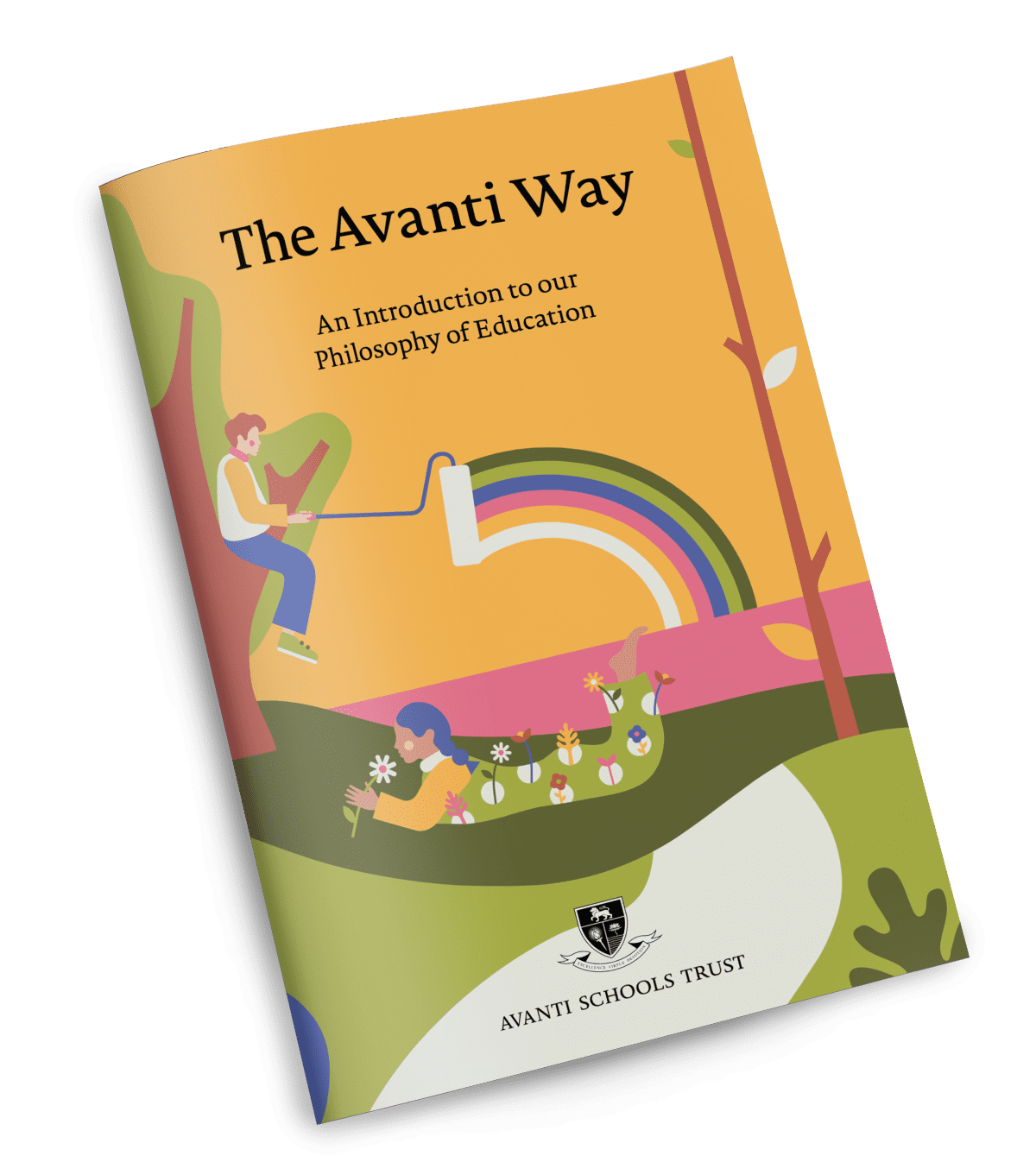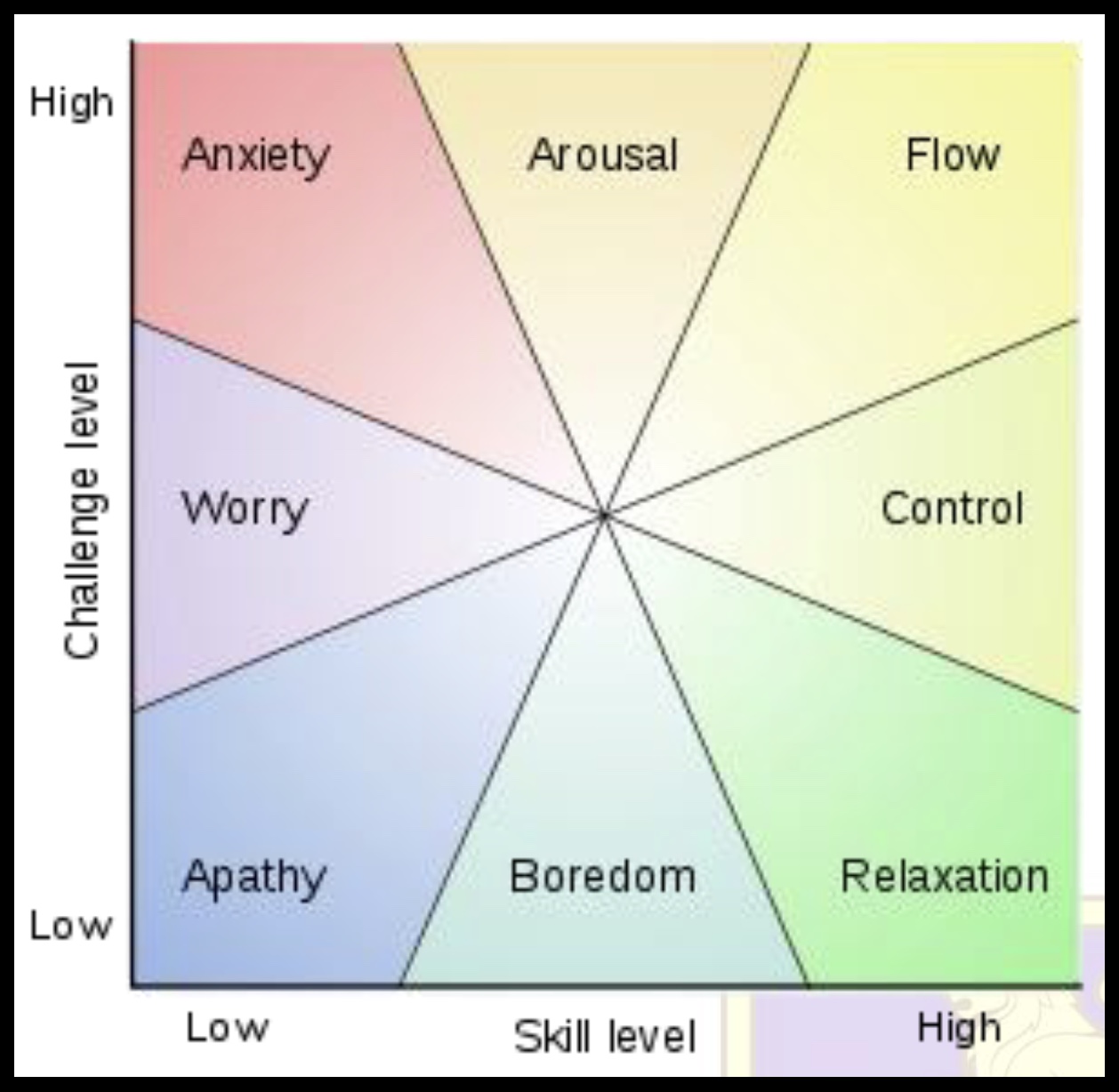
May 2021 Edition

By Jitendra Jani
Share
High Expectations with Hattie & Rosenshine
A clear baseline of expectations for teachers was introduced in September 2012 in the form of the Teachers’ Standards Overview1. They ‘define the minimum level of practice expected of trainees and teachers from the point of being awarded QTS’.2 A year later, further guidance was published3 to help schools utilise the standards for reviewing ones practice, professional development, reflective conversations following observations and performance management.

Figure 1 Department for Education
Many of us utilise the Teachers’ Standards to purposefully direct our development or to support the development of others. The purpose of this series of articles is to link the Teachers’ Standards to the research into cognition and expert teaching by John Hattie and Barak Rosenshine. An executive summary styled review of one of Hattie and Yates’ published works4 (Visible Learning and the Science of How We Learn – VL) as well as Rosenshine’s Principles of Instruction5 (POI) will be used in conjunction with the Teachers’ Standards Overview to bring a further understanding to the Cognition, Precision and Development of our profession.

Figure 2 – Teaching Standard 1
The first standard, indicated in Figure 2, will be the first focus for discussion. Setting high expectations which inspire, motivate and challenge pupils is essential for the philosophy of education outlined in the Avanti Way. Within the three-fold path the vision which amplifies our intent is explained as one where:
“… deeply inspired teachers nurture joyful students and nourish their innate passion for learning. Learning is a quest to discover each student’s unique gifts and potential and lay the foundation for their lifelong journey of learning. This is inseparable from high academic standards, where a challenging holistic curriculum cultivates independently thoughtful and reflective students by working towards a sense of mastery, emphasising depth, and not just breadth.”6

Figure 3 – The Avanti Way
The links between the first teaching standard and the Avanti Way is explicit. It is a philosophy that paves the way to embedding principles that is “truly is a whole community approach.”7 All members of such a community should strive for growth through intellectual, moral and spiritual pathways. That continued growth is the high expectation which in turn motivates and inspires us to be the best we can be and make the world a better place.
To encourage this we implement ways to boost confidence such that we are ‘always in’ and are ‘always creating’ a safe, stimulating learning environment. The importance of building confidence through “Knowing Thyself” and using that information to create a safe and stimulating learning environment is highlighted by the fact that Hattie dedicated a third of his VL book to it. He discusses the three hidden levels of confidence and how they are domain specific. He also explains the impact that perceived competency can have on self-efficacy, self-enhancement and self-control.
Although many of Rosenshine’s POI are based around effective procedures to support acquiring new knowledge and processing information into long-term memory, it places a spotlight on the impact of high success rates. Setting pupils up for failure can result in learned helplessness8, which is effectively an antonym of resilience. It is important to state how the first teaching standard and Rosenshine’s high success rates are not contradictory nor are they mutually exclusive. This is because the POI also include that the high success should come as a result of assistance through guided practice or by scaffolding difficult tasks.

Figure 4 – Cognitive Flow
My conclusion is that for successful teaching and learning to take place we must make sure that we maintain high expectations but create a pathway appropriate for pupils to reach cognitive flow, as illustrated in Figure 4 9. Learning should be accessible such that pupils can process content, practice skills and assess their development. There needs to be a focus on specific content or skills through modelling, scaffolding and deliberate practice10. Building confidence goes hand in hand with precision teaching to sustain a challenging environment where pupils feel safe to fail because they have had so much success. The difficulty must continue to ramp up or alternatively skills and content could dovetail to provide for pupils to create schemas11 or work towards mastery.
Einstein summarises this extremely well.
“Everything should be made as simple as possible, but no simpler.”
Albert Einstein
